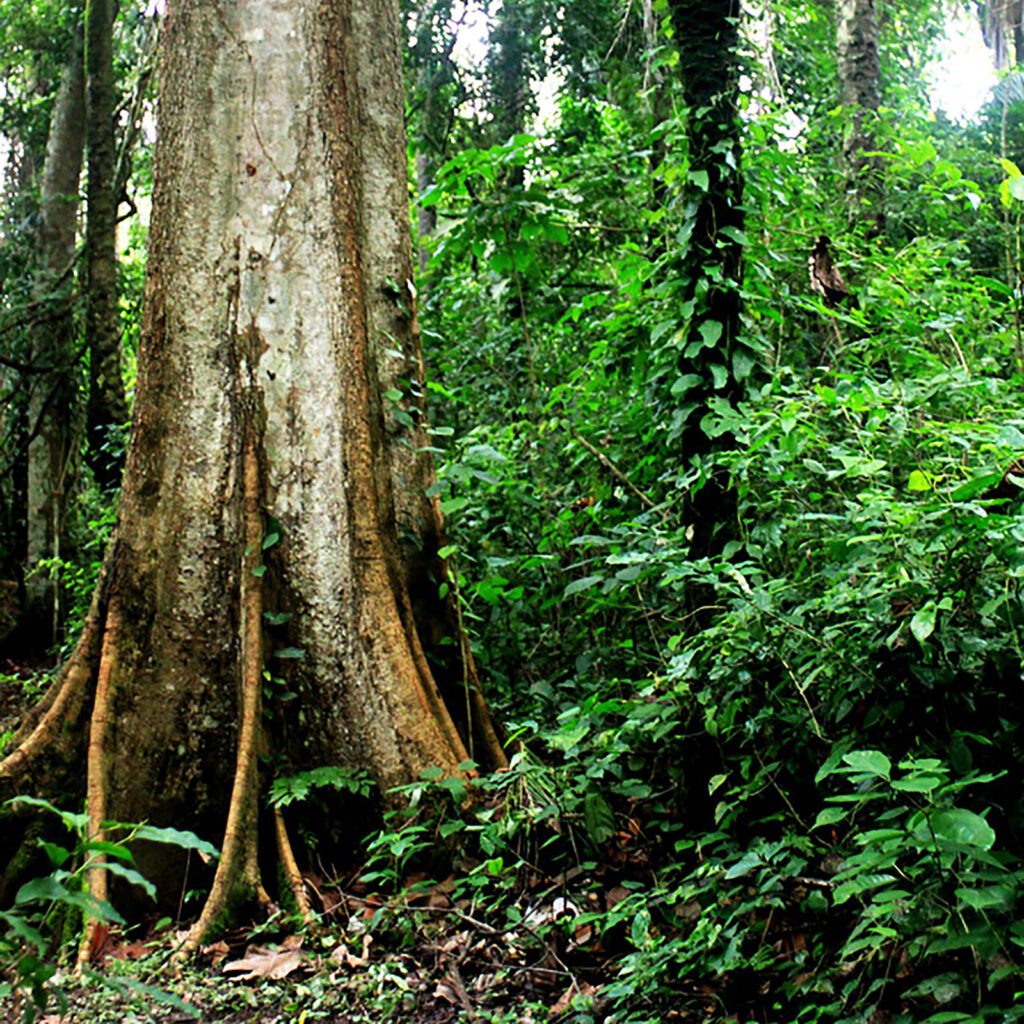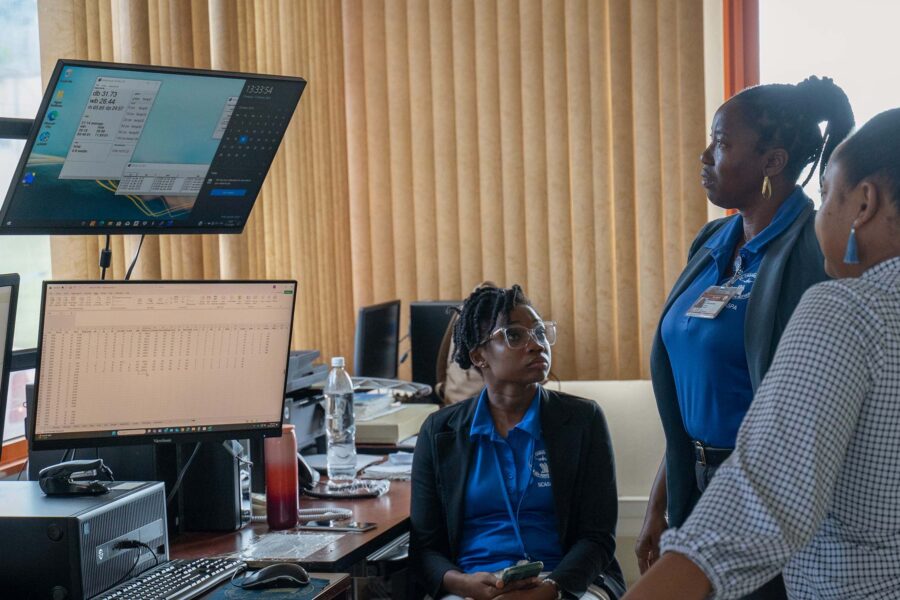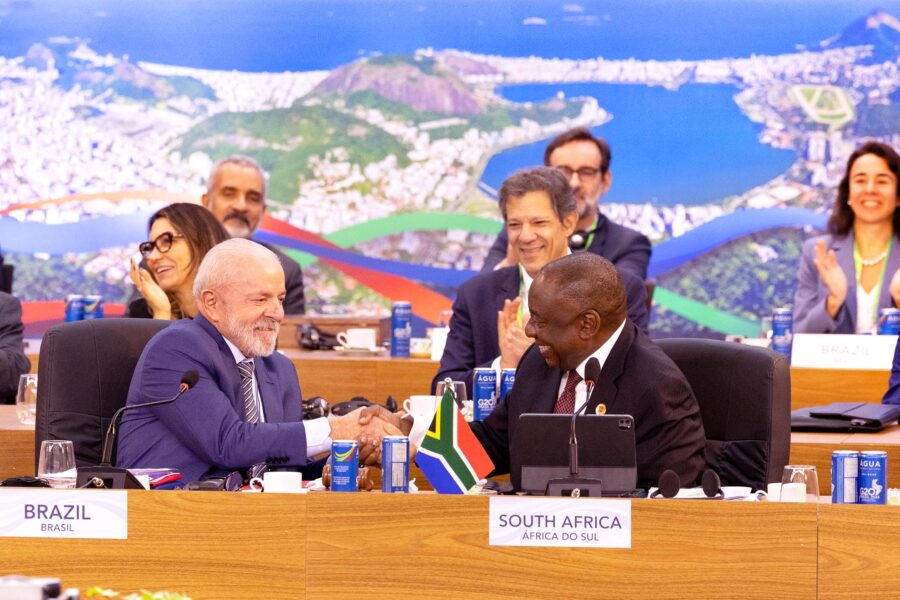Connecting Nigeria’s national climate goals to local action
Sizeable and impactful climate action can also be achieved through small, coordinated actions by individuals. Students at Osun State University, Nigeria, are gaining the knowledge to make their own contribution to combating climate change in a program that can be replicated across the education system
Climate — Global, Sub-Saharan Africa

There are myriad mitigation and adaptation approaches aimed at addressing changing climate scenarios. One that has proved to be cost-effective and workable is afforestation and reforestation.
This practice has been widely promoted at Osun State University, Nigeria, where newly enrolled students are matched with horticulturists who guide them in planting tree seedlings. Each seedling is nurtured by the students until they leave the institution.
As is well known, trees serve as major carbon sinks and thus help to improve air quality while at the same time greening the environment. One of the key goals of this approach is for young people to understand and embrace carbon offset initiatives while in the university and even after they graduate. This approach has the potential to help in achieving the key strategies and recommendations of the Department of Climate Change (DCC) of the Federal Ministry of Environment in Nigeria.
At a recent two-day forum, Nigeria’s Second Biennial Update Report was validated. The forum, which was organized by the Department of Climate Change in collaboration with the United Nations Development Programme (UNDP), came up with some key recommendations that can benefit from the Osun State University Matriculation Tree Planting Campaign. These include:
- Future efforts should focus on developing national emission factors for improved quantitative analysis in the long term.
- The DCC should write to stakeholders to identify qualified and relevant officers to act as focal points on climate change for ministries, departments, and agencies (MDAs).
- There should be capacity building of stakeholders for standardized data gathering.
- All stakeholders from national and sub-national levels should be involved in active data-gathering.
- There should be a fully established national measuring, reporting, and verification (MRV) mechanism in synergy with the states.
One key goal of the leadership of Osun State University is to help in developing efficient MRV systems that can be used across the country. So, a greater collaboration is being facilitated with the relevant government MDAs. This will help to provide a more valid greenhouse gas emission inventory.
The tangible output of the Matriculation Tree Planting Campaign which commenced in 2018 is an estimated 4,000 trees of various species and ages annually. In four years, about 16,000 seedlings were planted with a survival rate of about 80%. If this project is sustained, it has the potential of enhancing the environmental service functions of trees on the university campuses. Already, this has created huge awareness among our students about a nature-based approach to attaining some of the 17 Sustainable Development Goals as they eagerly nurture the seedlings and trees.
Nigeria has about 170 universities, 60 polytechnics, and 152 colleges of education. The impact of replicating this approach to greening our landscape in Nigeria and elsewhere can only be imagined. It is cost-effective, reliable, sustainable, and no negative impacts are envisaged. In the next five years, Osun State University will need to estimate the quantum of carbon sequestered as a result of this project.





